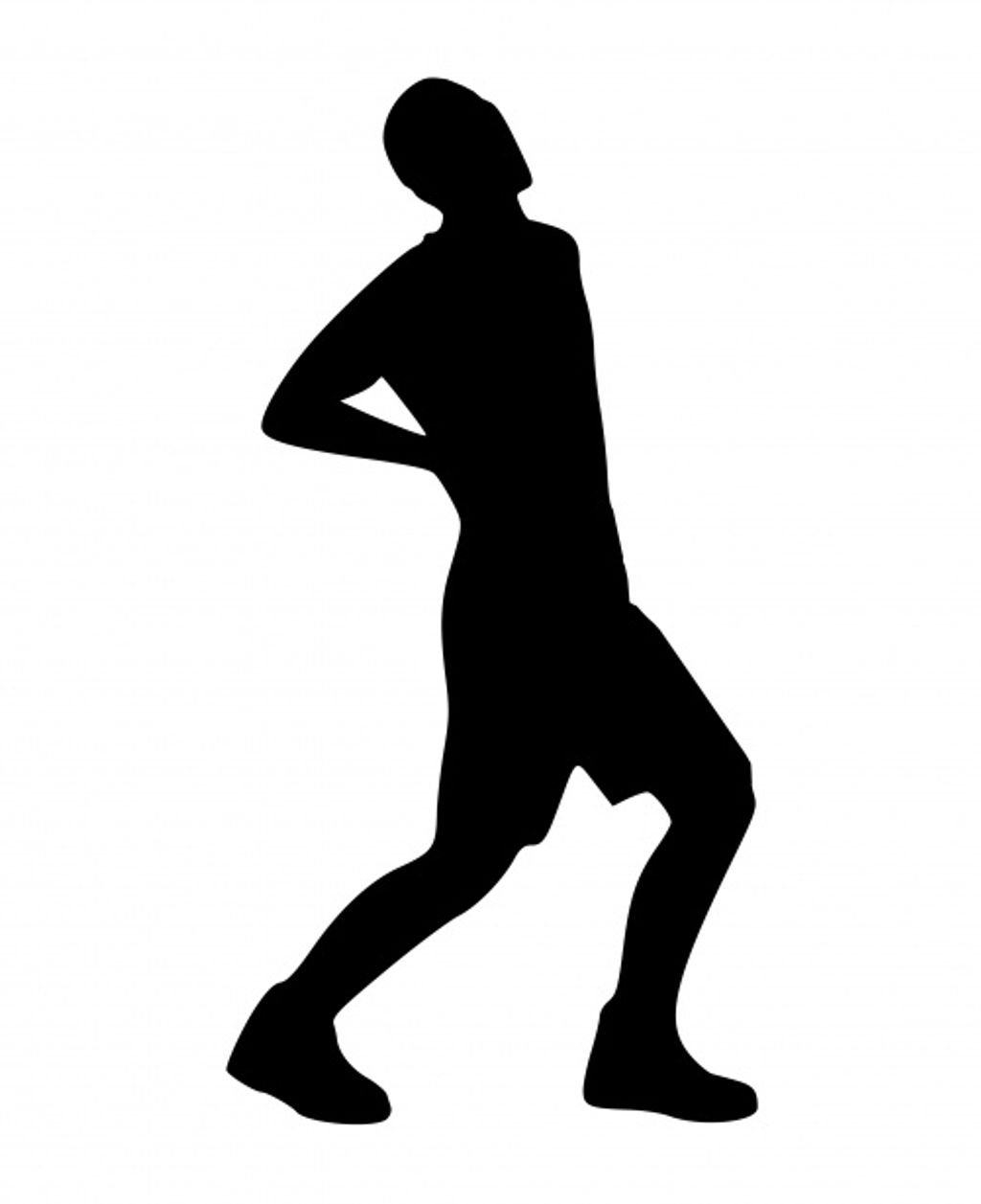
The Fast Track to Rebuilding: Secrets of Quick Muscle Recovery
Bouncing Back: The Art of Quick Recovery

Understanding Muscle Fatigue
Ever hit the wall during a workout and feel like your muscles just can't go on? That's muscle fatigue for you, and it's totally normal. Muscle fatigue is your body's signal that it's time to rest. But what's really going on in those tired muscles of yours?
Muscle fatigue happens when your muscle fibers get tired from overuse, lack of nutrients, or dehydration. It's like your muscles are saying, 'Hey, give us a break!' But it's not just about feeling tired; muscle fatigue can actually reduce the muscle's power output, making your workouts less effective.
Recovery is key to bouncing back from muscle fatigue. Here's a quick rundown of what helps:
- Hydration: Keep those fluids coming!
- Nutrition: Feed your muscles with the right stuff.
- Rest: Don't skimp on sleep.
- Active recovery: Gentle movement can help too.
Remember, understanding muscle fatigue is the first step to overcoming it. Listen to your body and give it what it needs to recover quickly and get back to your favorite activities.
Optimizing Nutrition for Recovery
When it comes to getting your muscles back in the game, nutrition is your MVP. It's not just about guzzling protein shakes; it's about feeding your body the right stuff at the right time. Think of your post-workout meal as the most important date with your muscles, and you don't want to stand them up!
Hydration is the unsung hero of recovery. Your muscles are crying out for water after a workout, so give them what they need. And don't forget electrolytes – they're like the spark that keeps the engine running smoothly.
Here's a quick bite of what your plate should look like:
- Carbs: They're not the enemy – they're your fuel. Aim for a 3:1 ratio of carbs to protein.
- Protein: This is the building block of muscle repair. Go for lean and mean sources.
- Fats: A little bit of good fat goes a long way. Think avocados, nuts, and seeds.
Remember, timing is everything. Try to eat within 45 minutes of your workout to capitalize on the muscle repair window.
And let's not forget about micronutrients. Vitamins and minerals might not get the spotlight, but they're crucial for recovery. A little zinc here, some magnesium there, and you're on your way to a faster bounce-back.
Effective Rest and Recovery Strategies
When it comes to hitting the gym hard, your muscles need as much TLC as they do heavy lifting. Rest days are not for the weak; they're a crucial part of any training regimen. It's during these periods of downtime that your muscles repair and grow stronger. But rest isn't just about kicking your feet up and binge-watching your favorite series—although that does sound nice.
Sleep is the unsung hero of recovery. Aim for 7-9 hours of quality shut-eye to give your body the time it needs to perform essential repair work. And remember, the quality of sleep matters just as much as the quantity. Here's a quick rundown of some sleep hygiene tips to boost recovery:
- Stick to a consistent sleep schedule
- Create a restful environment (think cool, dark, and quiet)
- Avoid caffeine and heavy meals before bedtime
Don't underestimate the power of naps! A short 20-30 minute snooze can work wonders for your energy levels and muscle recovery.
While sleep is a passive recovery strategy, active recovery can also play a pivotal role. This involves low-intensity activities like walking, yoga, or a leisurely bike ride. These activities help increase blood flow, delivering nutrients to your muscles while flushing out waste products.


